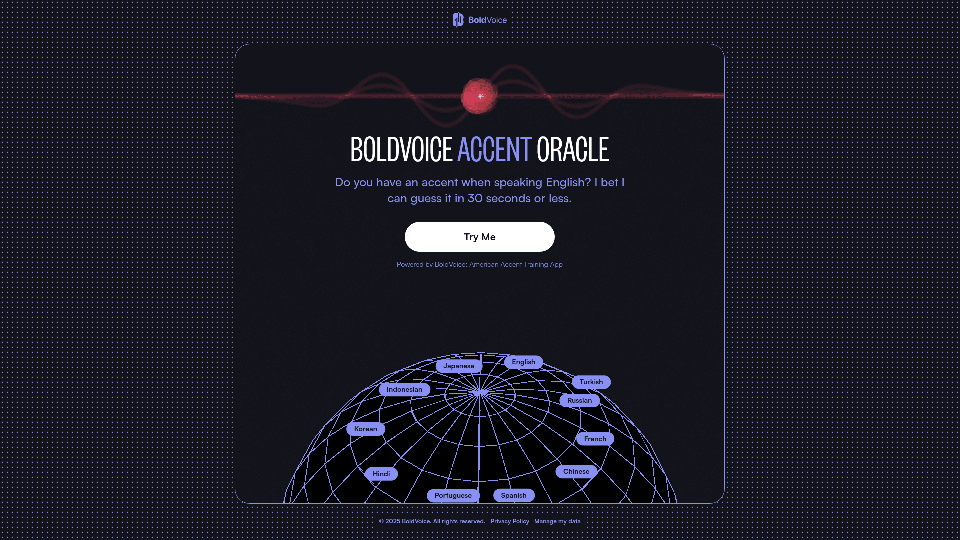What's an AI Assistant?
An AI Assistant, also known as an AI Virtual Assistant, is a software application powered by artificial intelligence (AI) designed to interact with users in a conversational manner. These assistants utilize natural language processing (NLP) and machine learning to understand and respond to user inquiries in both text and voice formats. By merging analytics and cognitive computing, AI assistants draw on user data, previous interactions, and contextual information to provide personalized support.
Benefits of AI Assistants
Boosting Workplace Productivity
- Automation of Routine Tasks: AI assistants take over repetitive tasks, allowing employees to focus on more complex and strategic work.
- Enhanced Efficiency: By streamlining operations, AI assistants help create a more motivated and productive workforce.
Cost Savings through Automation
- Resource Optimization: Automating customer service functions reduces the need for extensive human labor, leading to significant cost savings.
- Improved Bottom Line: Businesses can streamline operations without compromising service quality.
24/7 Customer Service
- Constant Availability: AI assistants provide round-the-clock support, improving customer experience and building trust.
- Omnichannel Support: Integration into various platforms ensures seamless customer service across channels.
Enhancing Customer Experience
- Prompt and Accurate Support: AI assistants enhance customer satisfaction by efficiently meeting needs and improving retention.
- Consistent Service: Continuous availability ensures businesses are always there for their customers.
How to Use AI Assistants
AI Virtual Assistants vs Chatbots
- Conversational AI: AI virtual assistants leverage conversational AI to simulate human-like interactions, unlike traditional rule-based chatbots.
- Contextual Awareness: Advanced AI assistants understand context and personalize responses based on user profiles.
AI Voice Assistants
- Voice Interaction: AI voice assistants use speech recognition to interpret and respond to verbal commands, offering hands-free convenience.
- Multilingual Capabilities: Development of multilingual AI voice assistants is expanding their usability across different regions.
AI Personal Assistants
- Daily Task Management: AI personal assistants perform tasks like setting reminders and providing information, improving over time for a personalized experience.
- Examples: Popular AI personal assistants include Apple's Siri, Amazon Alexa, and Google Assistant.
The Role of AI Assistants in Different Industries
- Healthcare: AI assistants schedule appointments, offer health advice, and analyze patient data for personalized care.
- Banking: They assist with account inquiries, transaction alerts, and provide financial advice based on user habits.
- Education: Digital assistants personalize learning experiences and assist teachers with administrative tasks.
Ethical Considerations in the Use of AI Assistants
- Privacy Concerns: AI assistants require access to sensitive data, necessitating robust security measures.
- Bias and Accountability: Developers must ensure unbiased training data and address questions of responsibility in decision-making.
The Future of AI Assistants
Increased Autonomy
- Predictive Capabilities: Future AI assistants will learn from interactions to perform tasks independently.
Enhanced Personalization
- Tailored Assistance: AI assistants will become better at understanding user preferences and routines for more personalized support.
Conclusion
AI Assistants, driven by advanced technologies like NLP and machine learning, are revolutionizing how we interact with digital systems by providing personalized, human-like responses. As they continue to evolve, AI assistants promise to make our digital experiences more intuitive and efficient, enhancing productivity and customer satisfaction across various sectors.

